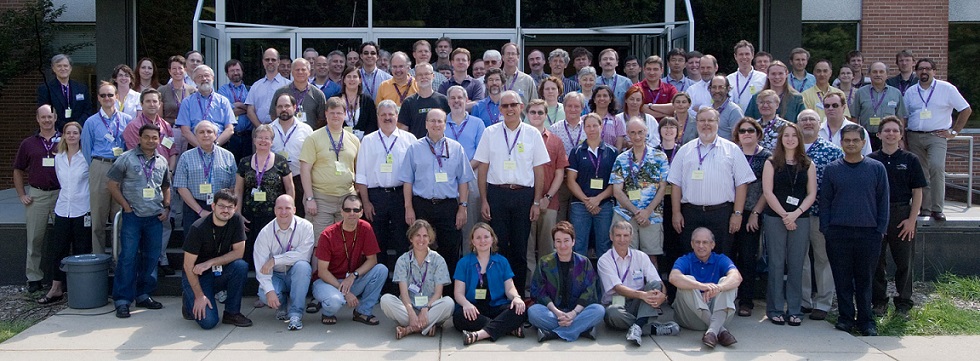As a scientist and basic biology researcher, it can be difficult to explain how laboratory work at the cellular and molecular level will positively impact human health. In short, basic biology is the critical first step required to make important advances in the medical field. Although bench scientists may not interact with patients on a daily basis like physicians, we are driven to improve lives through inquiry and discovery. Through our own personal experiences with disease and our innate detective skills, we are motivated to investigate the intricacies of the cell and work toward findings that will lead to new treatments. Even though basic science is vital for clinical development of new medicines, research as a whole still needs to find a way to rise above incremental improvements and (at the risk of sounding too cliché) "think outside the box." This type of thinking is even supported by federal grant opportunities that eliminate or deemphasize the need for traditional preliminary data. As physicist David Bohm put it, "[t]he ability to perceive or think differently is more important than the knowledge gained."
Our lab's research at Van Andel Institute is largely conducted with a focus on cancer, but given our expertise when it comes to the mTOR pathway, we are also positioned to study other diseases -- for example, tuberous sclerosis complex (TSC). Because TSC is not a cancer, traditional academia might consider the disease outside our "box." Characterized by tumors in vital organs, including the brain, eyes, skin, heart, kidneys and lungs, TSC can cause serious health problems, such as autism and epilepsy. The disease has varying degrees of manifestations, from mild to severe, and is generally diagnosed during childhood. Seizures and infantile spasms can be extremely detrimental to the development of young patients. TSC tumors are not malignant, meaning that they are not cancer and do not metastasize, and the majority of disease occurrences result from mutations in the either Tsc1 or Tsc2 genes. These two genes play an important role in suppressing tumor growth and are part of the mTOR pathway. Although my team can be characterized as a cancer research lab, we can also leverage our cancer pathway perspective to better study this tumor-causing disease. What we learn in the process will not only benefit the TSC field but will have implications for cancer research.
While branching out into a new disease area could be considered an "outside-the-box" approach, investigating study outliers is another unorthodox tactic for making discoveries. Scientists have realized that there are a vast number of unknowns when it comes to diseases like cancer and TSC, which can be highly individualized and specific to a person's unique genome. As a result, the traditional drug development process may no longer be the most effective approach to combating genetic diseases. The National Cancer Institute and other oncologists are taking a unique approach to advancing cancer treatment. Scientists are taking a closer look at patients whose disease responded favorably to investigational drugs that failed in traditional clinical trials. These studies validate the notion that each individual's disease is different and represent a resourceful strategy to investigate cancer and ultimately make meaningful discoveries for patients. This road less traveled could lead to significant advances in the cancer field.
Personalized medicine is another innovative research method making more than just incremental progress in health research. With the development of genome sequencing and its relatively new affordability of sequencing, personalized medicine can match patient genomes with individualized treatment plans. Personalized medicine can involve a cocktail of approved and investigational drugs, some of which may not normally be prescribed for the patient's disease. Prescribing a drug generally used to treat cardiovascular disorders to treat an unrelated disease certainly represents a radical approach. Personalized medicine has proven to be successful for some cancer patients. With the help of experienced clinical collaborators, our lab is breaking ground to bring this strategy to TSC patients. It is our hope that this personalized medicine collaboration will result in rapid advances for TSC patients, whose current treatment options consist of surgery to remove tumors from affected organs, and therapies that address TSC symptoms.
Scientists and researchers want to make a positive impact on human health and improve lives. Whether it's biologists at the laboratory bench or clinicians at the patient's bedside, we are all hoping and striving to make discoveries that benefit the health of patients. Although research progress has traditionally taken an incremental route, innovative and unorthodox approaches are the tickets to major advances. My hope is that biomedical researchers utilizing these approaches will continue to innovate and discover new and effective treatments in years, rather than in decades.

